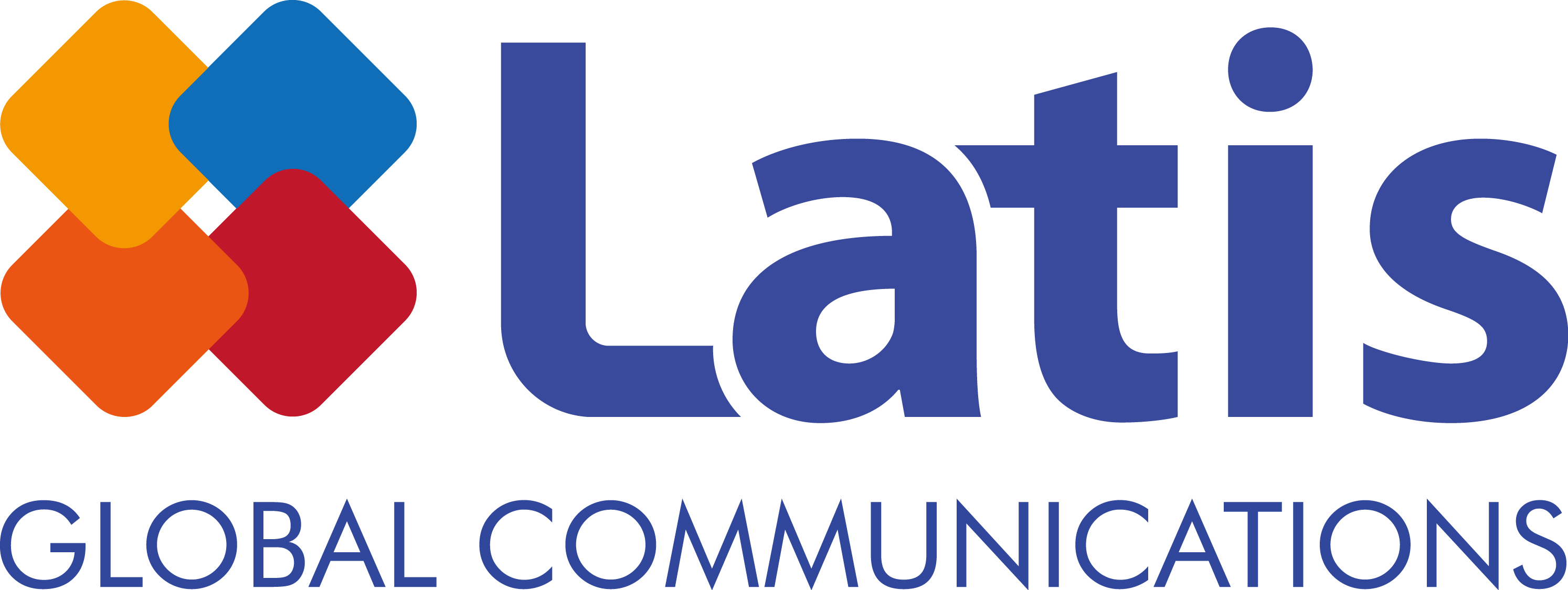
What Is LQA Testing?
Game text, is it just a matter of translation? Professional translation companies offer another service, to ensure that texts are properly applied in the game and provide feedback for better translation quality.
LQA services revie and evaluate whether translated texts are properly applied in games. Since a single game contains a variety of content and interfaces, translations might not be appropriate in some cases. Also, visually speaking, design issues with text length might occur due to different languages. Even with high-quality translations, it is still common to encounter unexpected issues after applying them to the game. Thus, LQA testing is an essential stage in the translation process that can naturally improve these issues and increase the quality of both translations and games.

High-quality translations are the key to make a game appealing to users of the targeted languages. Thus, it is a natural choice to concentrate on improving the translation quality in order to capture the experience of users in different languages and be globally comptitive.

LQA Testing Process
Preparation for Pre-Testing: LQA testers understand the clients’ demands and make overall plans for scheduling and selecting testers. Native speakers of the targeted languages are hired as testers and familiarize themselves with the games’ genres, universe, style guides, client demands, and other relevant information for testing.
Game Testing: Testers evaluate the quality of the translated languages while playing the game. During this process, they document any issues they catch in real time. Also, they review the overall game material and make adjustments to increase user immersion. Mainly, they check for the following issues.
1) Bugs: Technical issues due to source language display, UI output, scene transitions, etc. Explanations and screenshots of the exposed texts are provided with the display location. In some cases, solutions are also provided.
2) Issues Related to Translations: Improvements to fix inconsistencies in terminology and style are provided. For inappropriate or unnatural translations, reviewers revise them while reviewing them.
Product Delivery: Bug reports and revised language packs are delivered to clients. After clients check and apply them to the games, in some cases, they might conduct a second test to make sure they are good to go.

Linguistic Testing in Games & Importance of LQA Testing
Game development takes a lot of time, effort, and financial investments. If games are published without checking bugs or translation quality beforehand, there is a possibility that errors might have to be fixed last minute in real time. To achieve greater results, these issues should be fixed before publishing so that high user satisfaction can be ensured, negative reviews avoided and expenses reduced.
Game translation is not as simple as it sounds. Even if you follow the guidelines closely while translating, there might be several issues after applying the translations that seem unproblematic when looking at the texts alone. It could be a phrase that is not stylistically consistent because it’s hard to figure out exactly where it appears in the game. Or, it could be a term that would have required a different translation in certain contexts despite the exact same source text. Another issue could be that something is more appropriate for the cultural context of the language or the scene in the game, or it could be a character limitation that has changed due to translation into different languages.
Therefore, game translation requires attention to detail, while LQA testing is an important process that can increase the final quality by double-checking the translation.

Establishment of Linguistic Quality Testing Process for Gamers
As many games have begun to consider globalization to target overseas markets, the demand for LQA service also has been growing continuously.
Evaluating the quality of game translation should not be a last-minute decision that is considered when the project development is near the end. Since it is scheduled according to the release date, the translation quality gets less attention than it supposed to be. As a result, it is quite common that the results turn out to be disappointing. Thus, considering when to translate games into other languages should be done earlier. It may take a lot of time, but it ultimately can be the best decision to secure global competitiveness and user experience.

LQA testing is more than just reviewing the translation itself, it’s a way to improve user satisfaction with the game. Therefore, it is now time to redefine the concept of ‘game quality’ and think deeper about it.
For more information regarding LQA testing, please contact us at any time. (contact@latisglobal.com)

